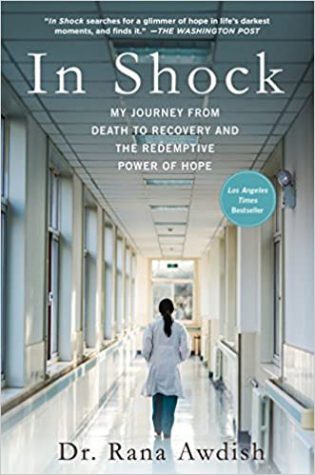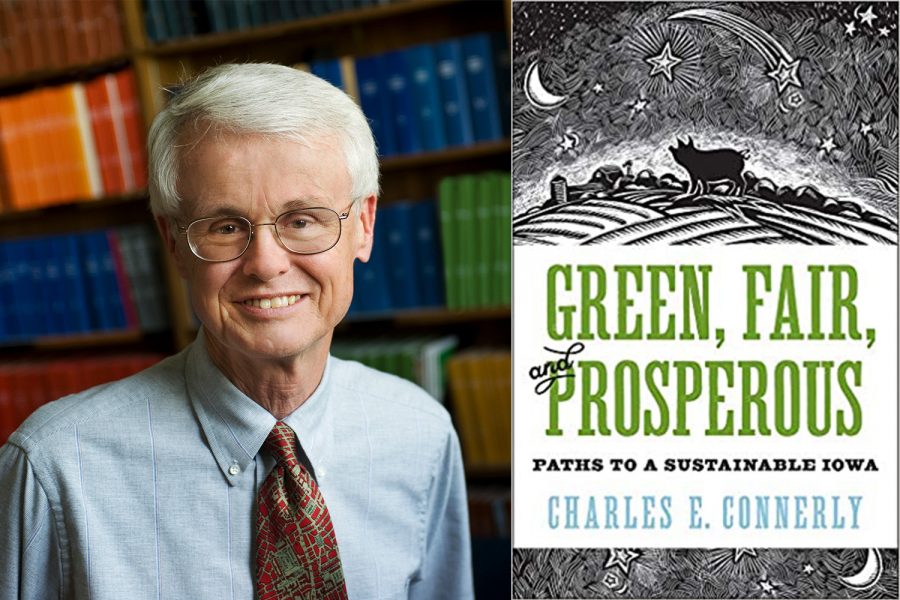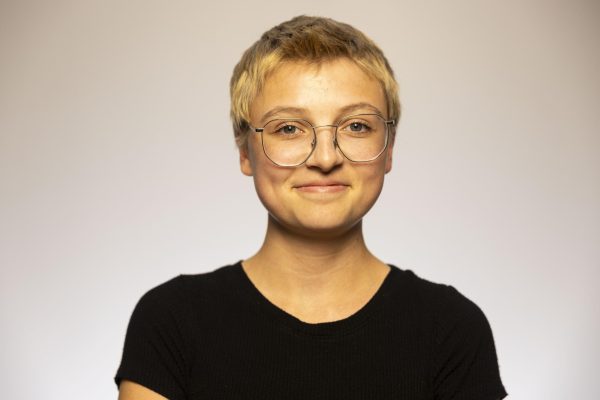12th annual Iowa City Book Festival goes virtual
The festival will host a variety of accomplished authors, and feature live readings, discussions, and more.
Photo of Charles Connerly, professor and director of the UI School of Planning and Public Affairs, and the cover art of his new book. Contributed.
October 4, 2020
The Iowa City UNESCO City of Literature organization has held a Book Festival every year since 2008, to support and celebrate the stories and creations of local writers. Like most events throughout the fall, the festival has also made the transition to an entirely online format this year.
This week, book lovers and literature enthusiasts can tune into several events in a weeklong series of festivities during the first-ever virtual UNESCO City of Literature Iowa City Book Festival.
Taking place from Oct. 5 through Oct. 11, the festival will be livestreamed on the Iowa City UNESCO City of Literature’s website, and include events such as readings, literary discussions, and more. The group is hosting an array of accomplished authors with varied focuses in their writing, including many that have ties to Iowa City.
John Kenyon, executive director of the Iowa City UNESCO City of Literature and primary organizer of the Iowa City Book Festival, said the events are unique compared to previous book festivals, but the impact remains the same.
“Things will be very different,” Kenyon wrote in an email to The Daily Iowan. “While the format has changed, the opportunity for people to hear from and interact with authors remains.”
The festival also aims to connect Iowa City readers and writers as well as introduce new ideas and perspectives to help further community conversations, Kenyon said.

The idea of connecting people and furthering the literature community of Iowa City is something that Kenyon, as well as a few participating authors, said they believe the Book Festival will accomplish.
RELATED: Bookstores feel impact as the COVID-19 plot thickens
Rana Awdish, a participating author and physician from Detroit, Michigan, will give a talk about the healing powers of storytelling with fellow participating author Kate DeCardi, as well as discuss her critically acclaimed memoir, In Shock, on Thursday. Awdish said the event will be a great way to spark discussion surrounding the abilities of storytelling, especially in the modern political context.
“We will be discussing a variety of topics that relate to both narrative medicine and the healing potential of writing as a way to process our experiences, as well as the healing potential of close reading to understand other people’s experiences,” Awdish said.
Kenyon also said, despite the virtual format of the festival, the literary community of Iowa City will greatly benefit from the events.
“The festival will give attendees the chance to hear from a number of authors, local, national and international, and to learn more about their work,” he said. “Local authors will have the chance to reach a wider audience.”
Chuck Connerly, UI professor director of the School of Planning and Public Affairs, will read from and discuss his new book Green, Fair and Prosperous: Paths to a Sustainable Iowa, on Sunday. The author said he believes the festival will benefit not only the authors of Iowa City, but ultimately offer a much-needed connection between all literature enthusiasts within the community.
“I think people are eager for these opportunities, they’re hungry for these opportunities, so I think [the festival] will work in that respect,” Connerly said. “It won’t have that intimacy of an author doing a reading in a relatively small room where people are sitting really close to each other, but it will still have, whether it’s a scholar or an author or whatever, reading from their material and people getting a chance to ask questions — the interaction is still there.”















